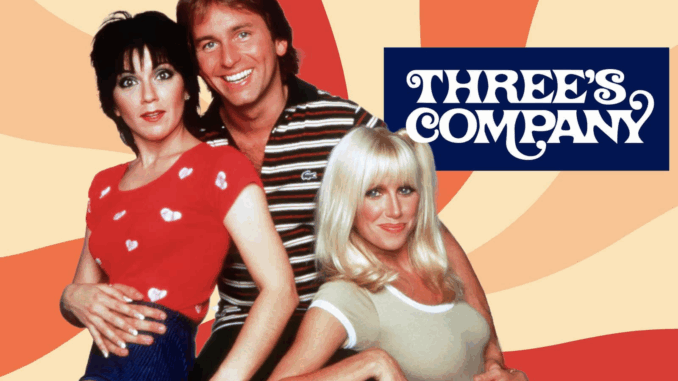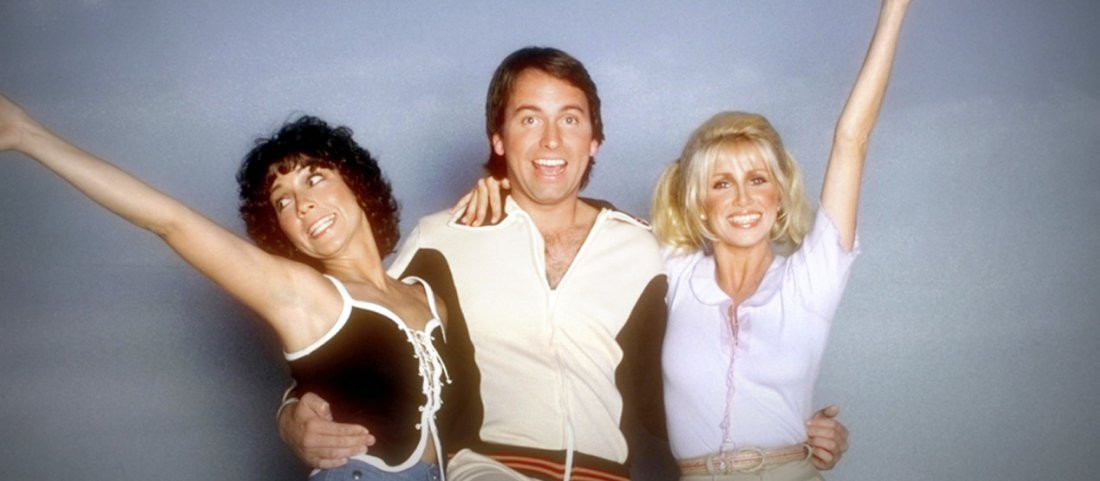
Before streaming, social media, or binge-watching, there was Three’s Company—a sitcom that burst onto television screens in 1977 and quickly became a pop culture phenomenon. Known for its racy humor, laugh-out-loud misunderstandings, and unforgettable cast, the series pushed boundaries for its time while keeping audiences entertained for eight hilarious seasons.
A Simple Premise That Sparked Big Laughs
The core idea behind Three’s Company was surprisingly simple: Jack Tripper, a culinary student played by John Ritter, pretends to be gay so he can live with two single women, Janet and Chrissy, in a time when that arrangement was considered inappropriate. This setup led to constant confusion, hilarious farces, and a revolving door of suspicious landlords and nosey neighbors.
But the show’s brilliance came from how it handled this premise. The comedic timing, physical gags, and sharp writing kept the concept fresh, season after season.
John Ritter: A Comedy Icon in the Making
Though Three’s Company featured a talented ensemble, it was John Ritter’s performance as Jack Tripper that made the show legendary. Ritter’s physical comedy, charm, and impeccable timing earned him an Emmy and a Golden Globe—and turned him into a household name.
He could trip over a couch, fall through a door, or fake an awkward flirtation like no one else on television. His energy anchored the show and remains one of the key reasons why Three’s Company is still remembered so fondly today.

A Show That Courted Controversy
For its era, Three’s Company was considered daring. It tackled themes like cohabitation, gender roles, and sexuality—albeit through a comedic lens. While it faced criticism from some conservative viewers, it also helped loosen TV’s restrictions on what kind of stories could be told.
Its portrayal of Jack’s “fake” sexuality was seen as progressive and problematic, depending on the lens you used. But there’s no denying the show broke new ground and opened doors for more diverse storytelling in sitcoms.
The Legacy Lives On
Even decades after its finale in 1984, Three’s Company continues to air in reruns and holds a special place in television history. It inspired spin-offs (The Ropers, Three’s a Crowd), parodies, and countless homages in pop culture.
What started as a risky midseason replacement became one of the most beloved comedies of its time—and a blueprint for how sitcoms could balance farce, charm, and heart.
Three’s Company didn’t just make audiences laugh—it changed the rules of television comedy. And thanks to its timeless humor and unforgettable performances, its legacy is still very much alive.